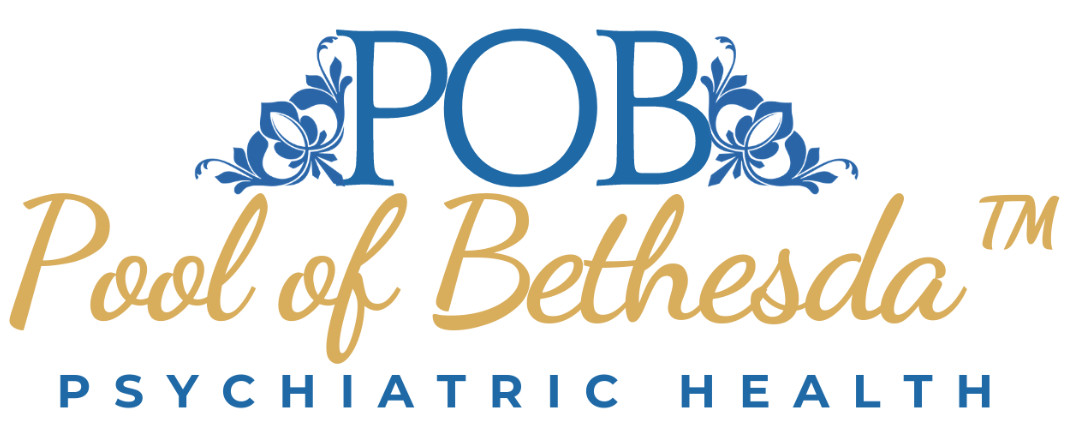Since the global insurgence of COVID-19, I’ve seen a sharp increase in the number of patients engaging in mental health practice to help with stress and anxiety related to the pandemic.
In addition to my regular patient population, I’m seeing an increasing number of patients from corporate work settings and small business owners reaching out for tools on managing their stress in these trying times.
Forbes reported that a 2019 study found that 76% of respondents said workplace stress had a negative impact on their personal relationships; 66% have lost sleep due to work-related stress; and 16% have quit jobs because stress became too overwhelming.1
Over the last two decades, the suicide rate in the United States has sharply increased by nearly 25%, according to a report by the Centers for Disease Control and Prevention (CDC). Suicide now claims more lives than automobile accidents each year, and some leaders in the mental health field believe that our deteriorating mental health care system is partially to blame. Stress exacerbates mental health issues and, left unmanaged, may play a role in what drives victims to suicide.2
As health care providers, it is important that we take care of ourselves, especially as we are often accused of caring for others at the expense of ourselves. We fall victim to stress-induced ailments like anyone else.
What We Know about Stress
- We all experience stress at various times of our lives: at home or at work.
- Stress is not inherently bad or negative; how it’s managed and how you respond to it matters.
- Stress is often unavoidable despite efforts to avoid it.
- Overcoming stress requires an intentional action plan.
- You are not alone in dealing with stress.
Fighting the Unknown Giant
Depending on who you ask, stress is defined differently. When you are charged with handling more than you anticipate, stress rules! To some, stress is simply a fact of life while others struggle to anticipate or identify stress, inhibiting their ability to react productively. Understanding what stresses you is key to being able to identify and manage your response.
One Man’s Treasure is Another Man’s Poison
Some people blossom under duress, and especially when the stress is short-lived, it can be beneficial. For example, a person preparing to take his board exam may find the short-term stress motivating and even exhilarating.
However, other types of stress can be debilitating, particularly in times of crisis. The COVID-19 pandemic has proven to be a source of long-term and sometimes debilitating stress for much of the population. Compound that with the economic concerns, and you have a stress level affecting people on a broad level.
Approaching the Danger Zone
We all remember the “fight or flight” phenomenon — our instinctual survival response to a stressor. Regardless of our strength or mental resiliency, the “fight or flight” response will kick in at a perceived danger, eliciting a stress response. But our response to stress affects much more than just our mental health. Stress affects individuals physically, emotionally, and financially.
Physical Impact
Are you experiencing pain all over your body? Are you nursing a headache? Are you experiencing vision changes? Stress could very well be the culprit. Stress is also connected to heart disease and high blood pressure. Long-term stress can have a significant effect on health. Likewise, if your hormones are irregular, they will manifest as stress. Fibromyalgia is one medical illness thought to be stress driven.
Emotional Impact
Do you find yourself yelling at everyone around you? Are you constantly moody but can’t understand why? Does everything around you aggravate you? Continued stress is associated with anxiety, depression, and even some forms of psychosis, all of which can negatively affect personal and professional relationships.
Financial Impact
Stress can cause individual productivity and motivation to decrease, affecting work output or even the ability to maintain a job. For business owners, decreased productivity hinders not only individual finances but those of the business. As a business owner, it is imperative that we take proper care of ourselves and our employees in stressful times.
Managing your Stress
How can we manage stress? Is it even possible to de-stress ourselves? There are some techniques that may be effective to manage stress.
The power of rehabilitative writing
While not all of us are astute in writing, rehabilitative writing helps us to take what’s ruminating in our heads, dump it in a journal, and feel instant or gradual relief. Putting all of these thoughts in a journal enables us to face a challenge and eventually find solutions. As we address problems, stress decreases.
The power of self-talk
Verbalizing feelings can be hugely therapeutic when managing stress. Whether it’s a personal belief or cultural teaching, some people struggle to verbalize and share their stress. My take on it: talk, cry, yell, pray, seek spiritual guidance — do whatever you must do to get relief as long as whatever path you take is not self-destructive. Talking to a loved one, friends, or even spiritual leaders are healthy paths to decreasing stress.
Meditation is crucial
Another way to de-stress is through meditation. In a crisis situation, centering oneself is important. Meditation focuses on relaxation and relaxation allows us to lower stress levels. Breathing exercises are a part of meditation.
Hobbies are not excluded
What do you enjoy doing? Whatever it is, now is the time to double up on it. Do you love to write? Is there a particular music you enjoy? Or perhaps you love watching movies? Take time to engage in activities you enjoy and feel the stress melt away.
The power of exercises
Being active reduces stress. Walking, cycling, or even cooking and doing household work are all ways to get moving and relieve stress. Look for what you know you can continue to commit to, then put the plan in place to do it. Read more here –>

